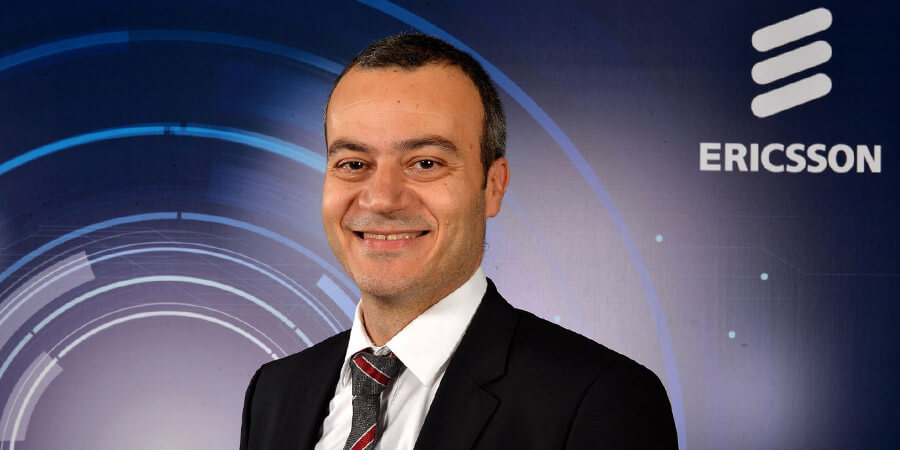5G is expected to complement 4G technologies to improve standard of living for consumers and society as a whole, and open new revenue opportunities for enterprises across a wide spectrum of industries. Early commercial deployments are expected in 2019, and widespread deployment will still take a number of years - 5G is designed to deliver incredible data speeds, provide large capacity, low latency and energy efficiency to support innovation and services across industries.
Like its predecessors, 5G is expected to become an integral part of a connected society. In Egypt, for example, network operators have the potential to address their share of USD 1.5 billion in 5G opportunities by 2026, in addition to the forecast telecom service revenues, and are working closely with information and communications technology service providers to pave the way for 5G. Operators can capture potential revenue by targeting industries undergoing digital transformation, such as the manufacturing and automotive industries with 5G technology.
To meet government, enterprise and individual consumption demands - Ericsson and a variety of partners across the world have been working with 5G technology for several years - more recently, we have brought these technologies into advanced field trials, and have signed among the first 5G commercial deals in the industry.
5G business models will be diverse and granular to fit diverse needs and to enable value extraction from both extreme low cost and high-performance use cases. This will be an important technology in growing industrial digitalization, particularly for use cases dependent on ultra-low latency and high reliability. It will have a big impact on the further development of IoT - which is still in its infancy throughout many parts of the Middle East and Africa. Today IoT is improving livelihoods across the region - in Turkey, for example, smart agriculture initiatives have been ongoing since 2011, and similar initiatives are now ongoing in parts of Africa. The Saudi Arabian market has also been exploring remote monitoring of oil wells and making temporary networks available in cases of disasters. 5G is expected to further enhance technologies to offer even better performance for the benefit of communities.
To get started today, the challenge for operators is to be competitive with their offerings in industry digitalization. This includes considering how to cost-efficiently deploy a high number of use cases, what roles to take in the ecosystem or value chain, and what the relevant go-to-market models are.
To ensure the smooth introduction of 5G, operators need to look ahead and identify the deployment approach which makes best use of existing investments and best supports their own business strategies. This applies whether the operator is already hitting a capacity ceiling in the busiest parts of its 4G network or only just beginning to deploy 4G, and whether or not it already has access to new spectrum for 5G. The time to start developing and market-testing new business models is now, as operators prepare their current networks for 5G deployment.
Addressing the consumer 5G requirement to create a tangible network experience: by Chafic Traboulsi, Head of Networks, Ericsson Middle East and Africa










